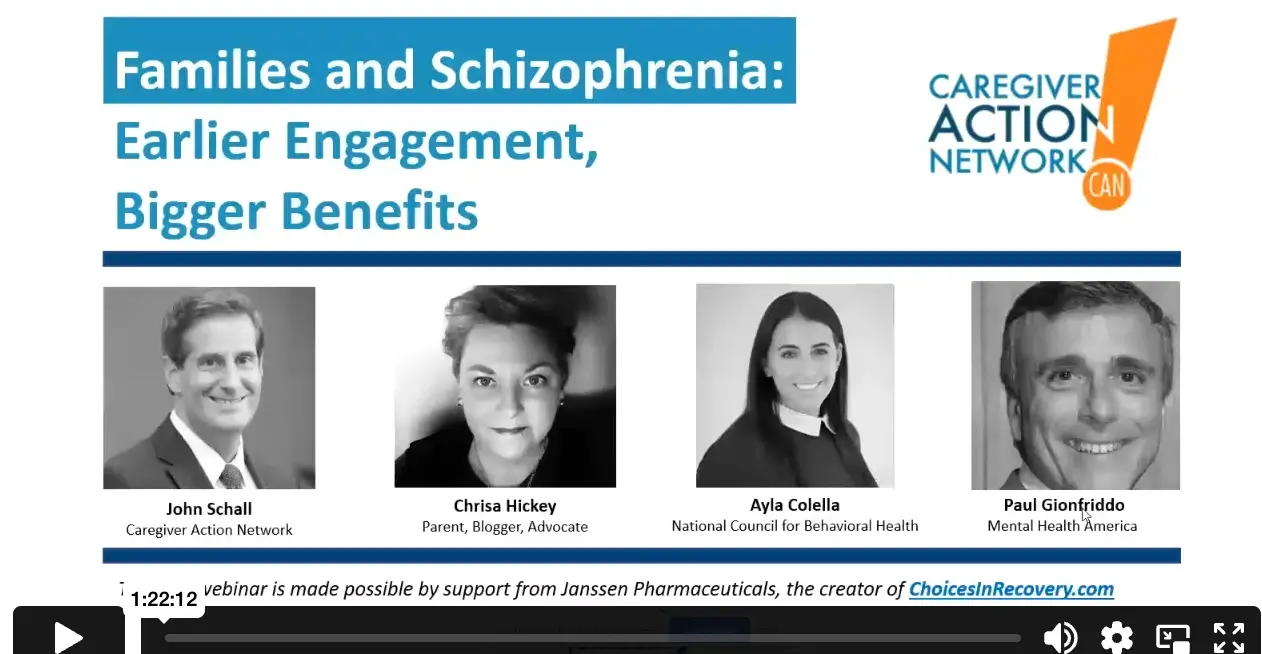Effective Medication Management Tips for Caregivers
Effective Medication Management Tips for Caregivers

Why Medication Management Matters
Medication management is crucial for ensuring that individuals with mental health issues receive the appropriate treatment and achieve better health outcomes. Proper management helps avoid complications from missed doses, incorrect usage, or medication interactions. It also supports caregivers in their vital role and enhances the overall quality of care for loved ones.
The Role of Caregivers in Medication Management
Caregivers often take on significant responsibilities in medication management, especially when their loved ones are unable to do so themselves. This role includes managing prescriptions, ensuring medication adherence, and coordinating with healthcare providers. Effective medication management helps in preventing health crises and supports the well-being of both the caregiver and their loved one.
Key Statistics on Caregiver Responsibilities
According to a Caregiver Action Network (CAN) survey, 70% of caregivers are responsible for their loved one’s medication management. This includes filling and refilling prescriptions, monitoring adherence, and handling medication side effects. These responsibilities highlight the critical role caregivers play in the health and safety of their loved ones.
Understanding Medication Management
Effective medication management involves several key components, from filling prescriptions to ensuring medication adherence. Caregivers must be knowledgeable about the medications their loved one takes, including any special instructions or potential side effects. This comprehensive understanding helps in managing medications safely and effectively.
Filling and Refilling Prescriptions
One of the fundamental aspects of medication management is filling and refilling prescriptions. This task requires careful attention to ensure that prescriptions are filled correctly and on time. Regularly checking medication supplies and scheduling refills can prevent interruptions in treatment and avoid complications.
Ensuring Proper Medication Adherence
Medication adherence is vital for the effectiveness of any treatment plan. Caregivers should monitor whether their loved one is taking their medication as prescribed. This includes following dosage instructions, taking medications at the correct times, and adhering to any dietary or activity restrictions associated with the medications.
Communicating with Healthcare Providers
Effective communication with healthcare providers is essential for successful medication management. Caregivers should keep healthcare providers informed about any changes in the loved one’s condition, medication side effects, or issues with adherence. This collaboration helps ensure that the treatment plan remains appropriate and effective.
Safe Disposal of Unused Medications
Proper safe disposal of unused medications is crucial to prevent accidental ingestion or misuse. Caregivers should follow recommended medication disposal guidelines, including using designated disposal programs or pharmacies that offer disposal services.
Effective Communication Strategies
Effective communication strategies are key to managing medications successfully. Caregivers should engage in open and respectful discussions with their loved ones about their medication regimen. This includes addressing concerns, confirming medication schedules, and discussing any side effects or issues.
Questions to Discuss with Your Loved One
When monitoring your loved one’s medication, consider asking the following questions to ensure effective management:
- Side Effects: How have you been feeling since starting this medication? Have you experienced any side effects that need to be reported?
- Special Instructions: Are there any specific instructions for taking this medication, such as with or without food?
- Dosage Changes: Has the dosage of your medication changed recently? How should this be adjusted?
- Missed Doses: Have you missed any doses recently? If so, why, and what steps should be taken if this happens again?
Addressing Side Effects and Concerns
It is important to address side effects and concerns promptly. If your loved one experiences adverse effects from their medication, it is crucial to report these to their healthcare provider immediately. This helps adjust the treatment plan as necessary and ensures the safety and well-being of your loved one.
Confirming Medication Schedules and Methods
Confirming medication schedules and methods involves checking that your loved one follows the prescribed regimen accurately. This includes verifying the times of medication intake, ensuring the correct dosage, and reviewing any special instructions provided by their healthcare provider.
Respecting Your Loved One’s Autonomy
While caregivers play a significant role in medication management, respecting your loved one’s autonomy is essential. If your loved one prefers to manage their medications independently, support them while providing guidance and assistance as needed.
Balancing Support with Independence
Finding the right balance between support and independence is key to effective caregiving. While it is important to assist your loved one with medication management, also respect their desire for autonomy and involve them in decisions about their treatment as much as possible.
When to Involve Healthcare Providers
There are times when involving healthcare providers is necessary, such as when significant issues arise with medication adherence, side effects, or changes in health status. Healthcare providers can offer professional advice and adjustments to the treatment plan to better suit your loved one’s needs.
Downloadable Medication Guide
We offer a downloadable medication guide to assist with medication management. This guide helps caregivers track medications, monitor dosages, and record side effects. It is a valuable tool for maintaining accurate medication records and supporting your loved one’s treatment plan.
Features of the Medication Guide
The Medication Guide includes sections for:
- Medication Records: Details about each medication, including dosage, prescriber, and pharmacy.
- Side Effects: Tracking common and experienced side effects.
- Immunizations: Information on recent vaccinations.
- Reactions: Noting any adverse reactions or problems with medications.
- Medical Team: Contact information for healthcare providers.
How to Use the Guide Effectively
To use the Medication Guide effectively, regularly update it with the latest information about your loved one’s medications and health status. Use it to keep track of medication schedules, side effects, and communication with healthcare providers. This will help ensure that medication management is thorough and up-to-date.
Additional Resources for Mental Health Support
For more information and support related to mental health and caregiving, explore the following resources:
- Caregiver Action Network Facebook Community
- MentalHealth.gov
- National Alliance on Mental Illness (NAMI)
Finding Support for Mental Health Challenges
Finding support for mental health challenges can make a significant difference in managing your own and your loved one’s well-being. For additional help and guidance, reach out to local support groups, mental health professionals, and community organizations.
Additional Resources for Supporting Loved Ones With Mental Health Challenges







